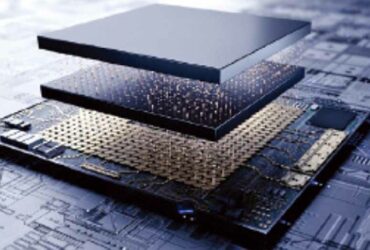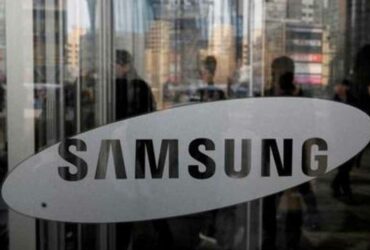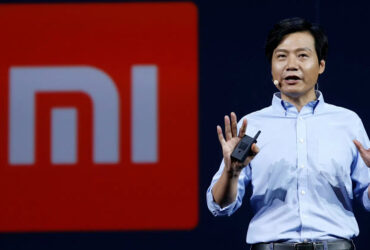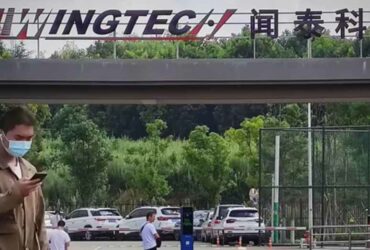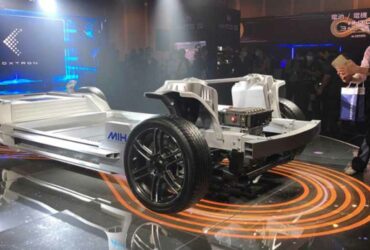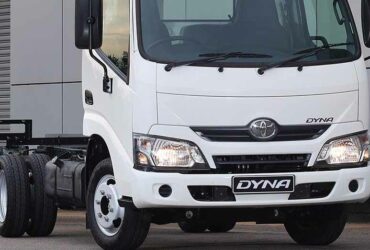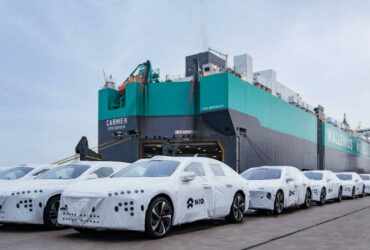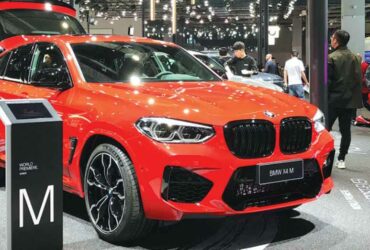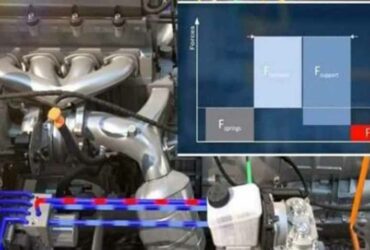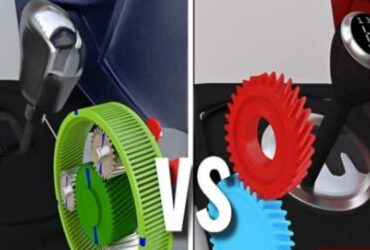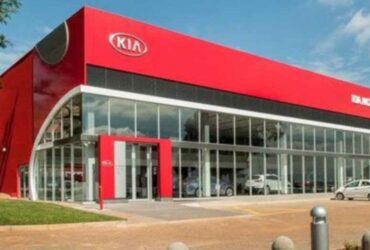Byton Ltd., an electric car company from China. If you visit its website, you will see pictures of brightly decorated and shiny electric cars cruising the streets. If you visit its factory located in Nanjing, you will find the vehicle manufacturer’s factory dry and disappointing. The entire factory yard is quiet. The factory has been closed since the start of the Covid-19 pandemic, so only security personnel are on the factory premises. Bordrin Motors factory yard is in the same situation.
Wild grass is growing in the factory yard. A notice was posted on the factory door stating that the electric car manufacturer had filed for bankruptcy. Bordrin and Byton show that the electric vehicle industry is failing in China. Nio Inc. and Xpeng electric vehicle companies have received billions of dollars in investment from investors, rival American electric vehicle company Tesla Inc.

Other electric vehicle companies are white eyed while getting the same sales. To realize the Chinese government’s vision of making China a leader in electric vehicle production, state governments have provided capital and incentives to establish electric vehicle manufacturing plants. They set up electric car manufacturing plants for employment opportunities and development. As such, the Chinese government has instructed local authorities to review and report on the size of aid provided to the auto manufacturing sector.
Improper investments in the business sector and bankruptcies have led the Chinese government to put the brakes on it. Xiao Yaqing, Minister of Industry and Information Technology of the Chinese government, urged companies to merge and acquire companies to consolidate rather than inflate the market. “We have too many electric car companies,” he noted. There are 846 registered vehicle manufacturers in China.
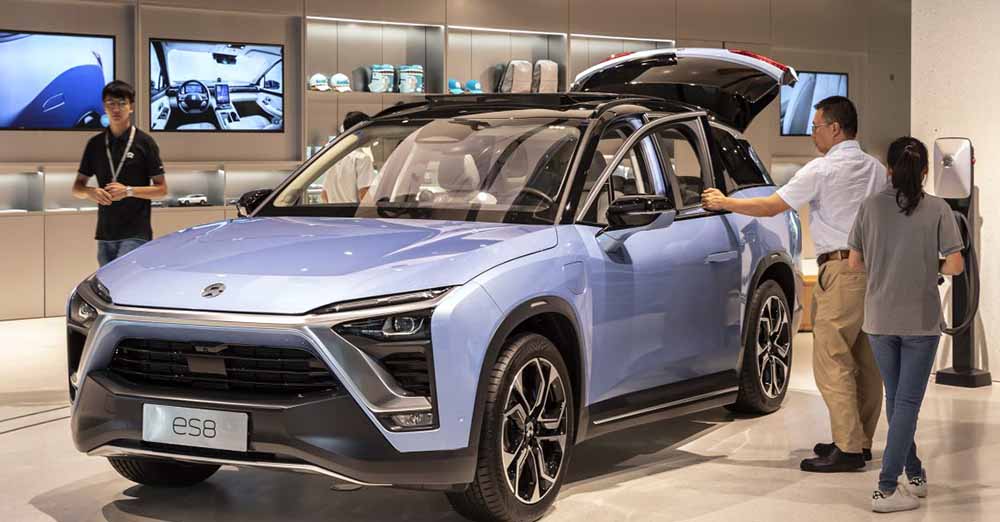
Among them, more than 300 enterprises are electric car manufacturers. Most business names are at the unknown level. By 2020, electric vehicle production capacity has increased to around 5 million units. It is more than four times the number of electric vehicles actually sold that year. Therefore, the demand is much higher than that, so they have to reduce the production, so they do not operate at full capacity and produce.
Bordrin was founded in 2016 by Huang Ximing, a former senior executive at Ford Motor Company. Three factories have been built and it is planned to produce 700,000 vehicles per year. However, no car was produced due to lack of money. The business was closed. Byton continues. BMW AG and Nissan Motor Co. were jointly established by senior officials and suspended domestic operations in July last year.
Workers have been temporarily suspended. However, the website is still accepting car orders. In January, Byton signed a strategic partnership with Foxconn Technology Group, a contract manufacturer of iPhones. Production of the Byton M-Byte SUV is slated to begin in the first quarter of 2022. The signing of the program was sponsored by the Nanjing Economic and Technological Development Zone.
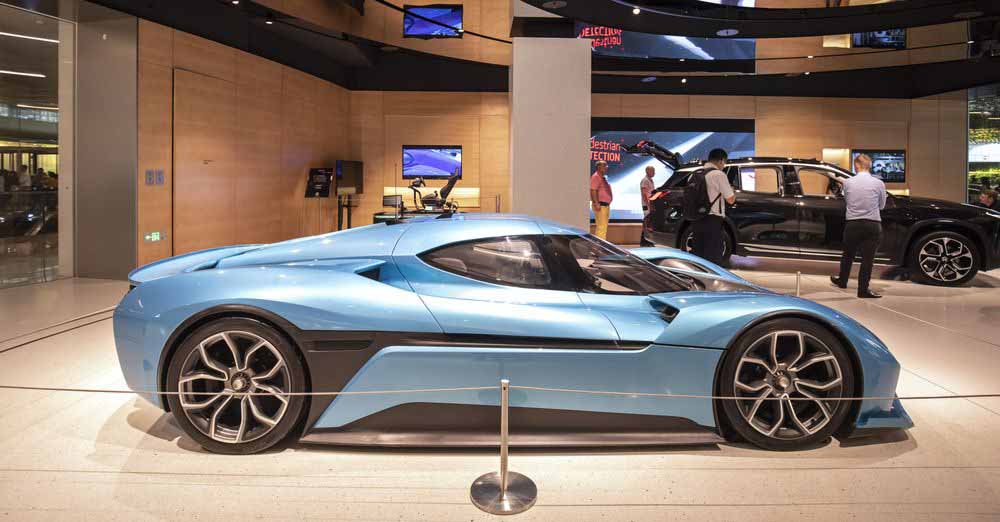
But when the biggest lender to Byton took control of management, Foxconn recalled its workers from the Nanjing factory. As Byton’s financial situation deteriorated, Foxconn suspended cooperation. Jiangsu Province, where Nanjing is located, has made an effort to become an electric vehicle hub, and will invest 32 billion US dollars in the vehicle manufacturing sector until 2020. Now there are more than 30 car manufacturers.
The Chinese government ordered a review and verification. Tax exemptions; The inspection found that the vehicle manufacturing industry was attracted by the allocation of factory land, which exceeded the guidelines of the Chinese government. Yinlong New Energy Co launched a factory in Nanjing in 2017. It plans to invest a total of 10 billion yuan.
It plans to produce 30,000 commercial electric vehicles per year, most of which are electric buses. There is also a plan to produce batteries for electric vehicles. Production was slated to start in 2018, but the factory has been closed for some time now. Gree Electric Appliances Inc., the company’s largest shareholder. He said that he has not yet decided whether he should work on vehicle manufacturing or battery manufacturing.





